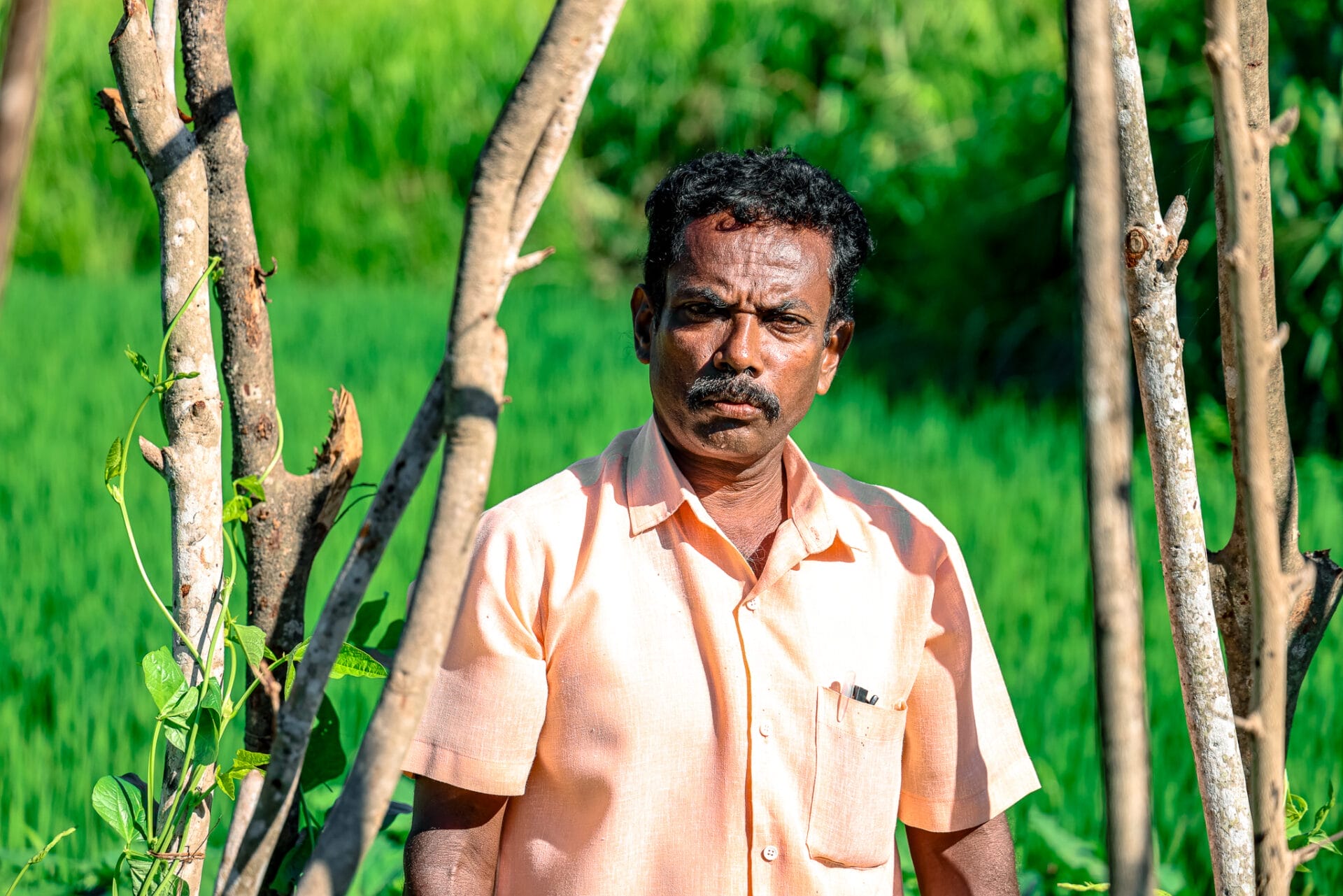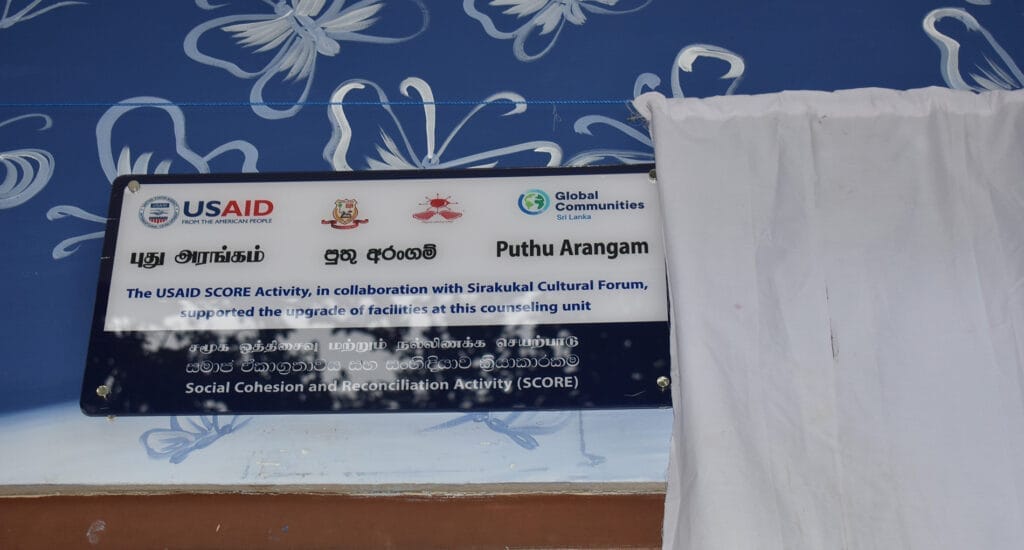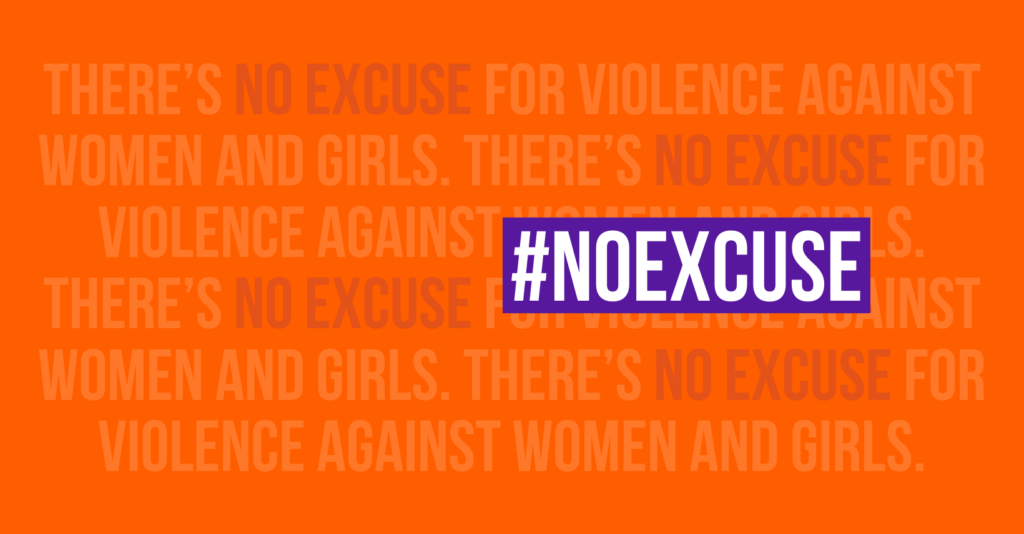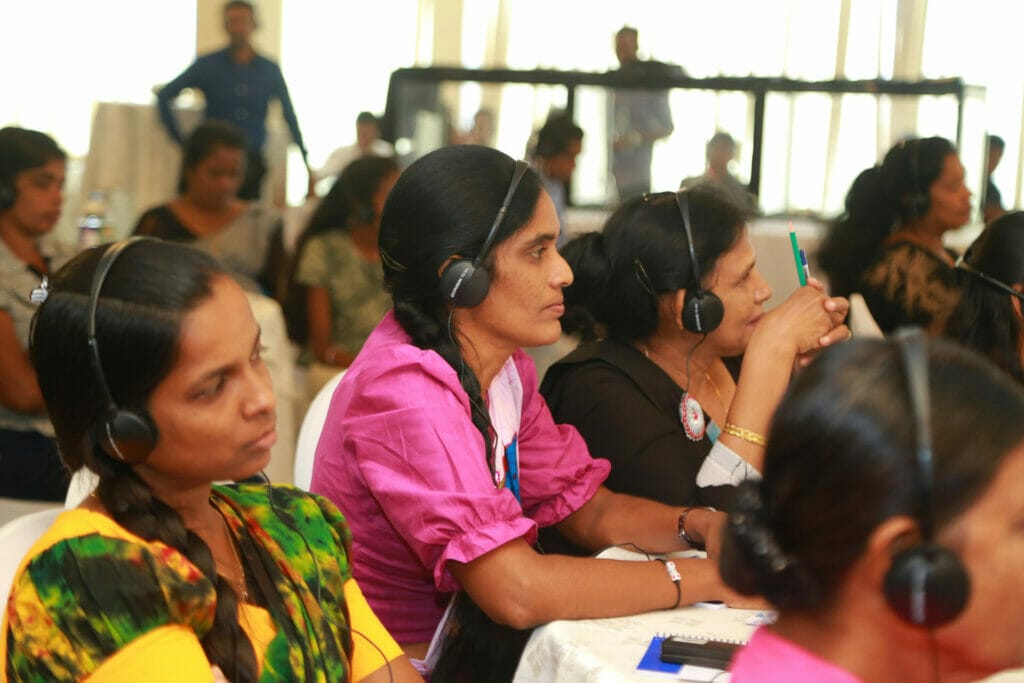Since 2017, Global Communities has partnered with the Government of Sri Lanka, private sector actors, key decision makers, community-based organizations, and civil society to advance entrepreneurship and youth employment as well as to address complex underlying challenges to post-conflict reconciliation and transitional justice. In support of communities committed to a shared and inclusive Sri Lankan identity, Global Communities programs help to reduce socio-economic disparities and connect a generation of engaged, socially responsible youth.
By bringing together stakeholders across ethnic, religious and cultural divides, doors open to find unity in diversity and further strengthen cohesion and resilience. At the heart of Global Communities’ work in Sri Lanka is community leadership. From the grassroots up, citizen-driven initiatives are connected with community platforms to create opportunities for growth and positive change.
Building Cohesion and Reconciliation in Communities
Under the United States Agency for International Development (USAID)-funded Social Cohesion and Reconciliation (SCORE) program, Global Communities is working with the Government of Sri Lanka, local partners and civil society to address underlying challenges to reconciliation. The program works by promoting a shared and inclusive Sri Lankan identity, reducing socio-economic disparities, and strengthening cohesion and resilience among multi-ethnic and multi-religious communities. The activities focus on expanding citizen-driven initiatives which support livelihood development, enhancing social identities and community building while also focusing on marginalized groups and communities. The program is also working to strengthen local governments and community-based organizations that provide critical support and increase access to psychosocial services. Additionally, the project aims to increase opportunities for youth and women to exercise leadership in promoting responsible citizenship and reconciliation. SCORE is unique in its approach to promoting a cohesive Sri Lankan identity whereby the process of reconciliation is community driven.
Promoting Youth Employment and Entrepreneurship
USAID, in partnership with the Government of Sri Lanka, launched YouLead, an initiative to support youth employability, vocational skills development and entrepreneurship. Global Communities is working with the International Executive Service Corps (IESC) and other partners to implement the program and increase the competitiveness of young Sri Lankans in the job market. YouLead programs are aimed at improving technical and vocational education and training, creating a more skilled workforce, and linking youth to more productive careers by undertaking activities that support and strengthen students, teachers, institutions, and entrepreneurs.

CRISIS TO RESILIENCE SERIES
Breaking New Ground with Hardy Advanced Technological Institute
At the peak of the country's worst economic crisis in history, the Social Cohesion and Reconciliation (SCORE) program partnered with Hardy Advanced Technological Institute to begin piloting an agricultural project that would benefit university students and provide relief for local families.
“I appreciate USAID SCORE for enabling the participation of these women entrepreneurs... This is our first collaboration with SCORE and it has been a fruitful partnership.”
Anoma Paranthala,
Women’s Development Officer, Kandy District Secretariat
Our Work in Sri Lanka
Positive Youth Development
Equipping Young People for Leadership and Success
Sustainable Development
Standing with Communities as They Shape Their Own Future
Resources
Briefs & Case Studies
Addressing Sanitation Market Challenges
Through the Enhancing Water, Sanitation, and Hygiene (En-WASH) program, USAID Ghana is helping to increase access to sustainable and affordable sanitation in six regions of northern Ghana by identifying solutions to motivate the private sector to work towards closing the service delivery gap.





